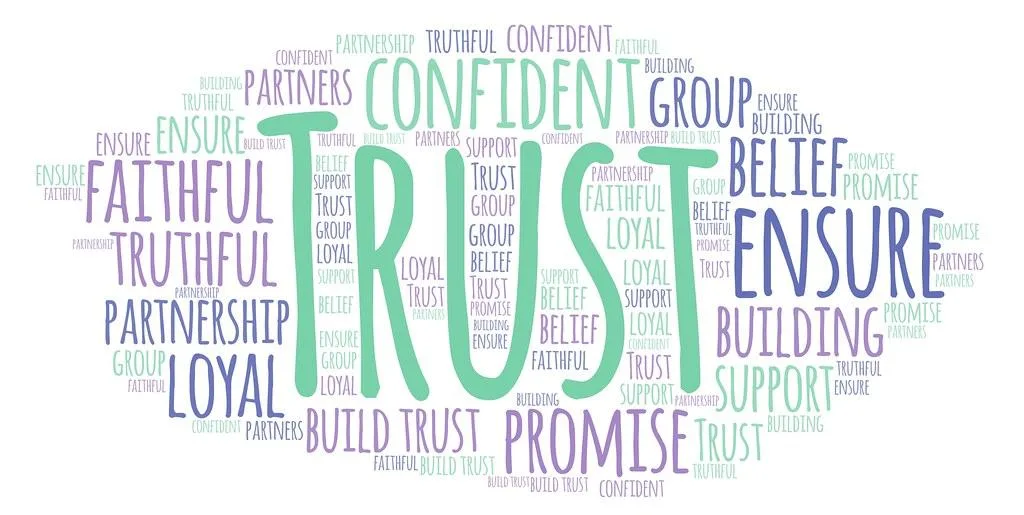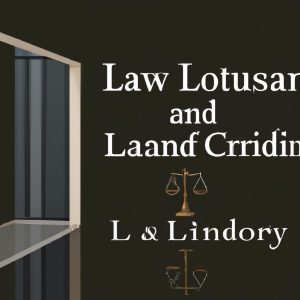In a world where wealth and property often pass down from one generation to the next, the concept of inheritance is deeply ingrained in our societal norms. However, as we navigate the complexities of family dynamics and financial planning, an intriguing question arises: is trust ultimately more valuable than inheritance? Join us as we delve into this thought-provoking debate and explore the potential benefits and drawbacks of both approaches.
Trust as a means of preserving assets for future generations
When considering how to preserve assets for future generations, many people automatically think of traditional inheritance methods. However, trust can be a powerful alternative that offers several benefits. One key advantage of trust is that it allows for greater control over how assets are managed and distributed, ensuring that the wishes of the grantor are carried out in a more precise manner.
Furthermore, trusts can offer added protection for assets from potential threats such as creditors, lawsuits, or divorces. By placing assets in a trust, individuals can safeguard their wealth for future generations. Additionally, trusts can provide tax benefits and help avoid the lengthy probate process, ultimately saving time and money for both the grantor and beneficiaries. Overall, trust can be a strategic and effective means of preserving assets for the long term.

Benefits of utilizing a trust over traditional inheritance
When it comes to passing down assets to future generations, utilizing a trust can offer numerous advantages over traditional inheritance methods. One of the key benefits of using a trust is that it allows for greater control and flexibility in how your assets are distributed. With a trust, you can specify exactly how and when your beneficiaries will receive their inheritance, ensuring that your wishes are carried out according to your preferences.
Another advantage of utilizing a trust is the ability to provide protection for your assets. By placing your assets in a trust, you can safeguard them from creditors, lawsuits, and other potential threats. Additionally, trusts can offer tax benefits and help minimize estate taxes for your heirs, making them a valuable tool for estate planning. In summary, the use of a trust can provide peace of mind knowing that your assets are protected and will be distributed according to your wishes.

Ensuring control and protection of assets through a trust structure
Trusts can be a powerful tool for ensuring control and protection of assets for future generations. Unlike traditional inheritance, a trust allows for more specific instructions on how and when assets are distributed. This can be beneficial for individuals who want to ensure their assets are used in a certain way, such as funding education or supporting charitable causes. By setting up a trust, individuals can have peace of mind knowing that their assets will be managed according to their wishes.
Furthermore, trusts can provide protection against creditors and lawsuits, as assets held in a trust are not typically considered part of an individual’s personal assets. This can be especially beneficial for individuals in high-risk professions or those who are concerned about potential financial liabilities. Overall, trusts offer a more flexible and secure way to pass on assets to future generations, making them a valuable alternative to traditional inheritance.

Navigating the complexities of estate planning: A guide to choosing between trust and inheritance
In the world of estate planning, the decision between setting up a trust or leaving an inheritance can be a daunting task. Both options have their advantages and drawbacks, making it essential to carefully consider your individual circumstances before making a decision.
Trusts offer a level of control and flexibility that inheritances do not. With a trust, you can specify exactly how and when your assets will be distributed to your beneficiaries. This can be particularly advantageous if you have concerns about how your beneficiaries will manage their inheritance or if you wish to protect your assets from creditors or divorce settlements. On the other hand, inheritances can be a more straightforward and cost-effective option, as they do not require the same level of administrative upkeep as trusts. Ultimately, the decision between trust and inheritance will depend on your specific goals and priorities.
Future Outlook
In conclusion, the age-old question of whether trust is better than inheritance remains a complex and nuanced issue. While inheritance brings with it a sense of security and tradition, trust allows for flexibility and creativity in how assets are managed and distributed. Ultimately, the answer may lie in a combination of both, tailored to the unique needs and values of each individual and family. Regardless of which route you choose, what truly matters is fostering open communication, understanding, and trust among loved ones. After all, in the end, it is these intangible qualities that truly define a legacy worth inheriting.











